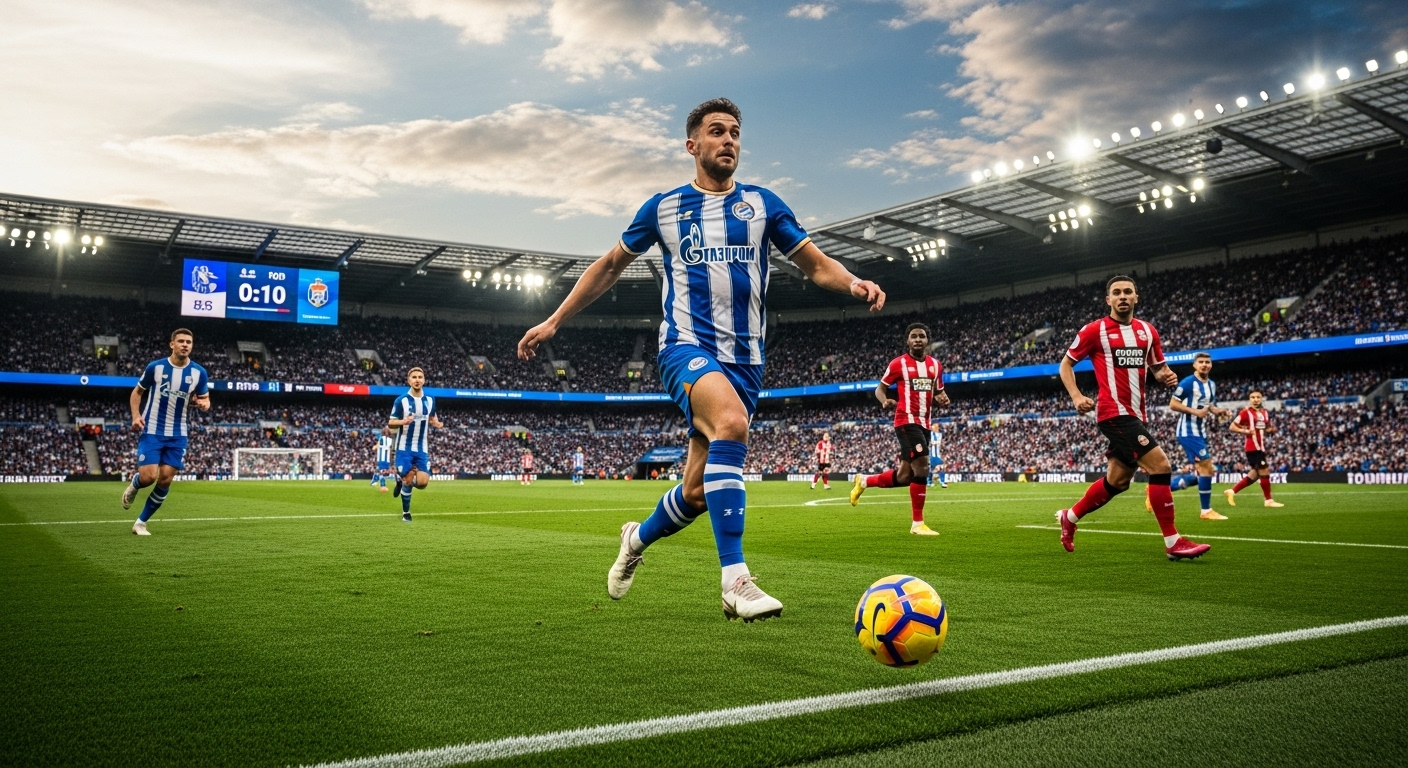In the world of soccer, greatness is often measured not only by the trophies won or the records broken but also by the longevity of a career spent entertaining fans. Some players remain icons because they enjoyed two decades at the top, defying time and age to leave behind an enduring legacy. Yet there are others whose brilliance burned brightly but far too briefly, leaving supporters to forever wonder what might have been had injuries, illness, or personal circumstances not cut their careers short. The history of the sport is filled with such cases, where players reached extraordinary heights only to retire prematurely, their names etched in memory as legends who gave us glimpses of genius but left us craving more.
One of the most famous cases is Marco van Basten, the Dutch striker who epitomized elegance and efficiency in front of goal. A three-time Ballon d’Or winner, van Basten dazzled fans with his spectacular volleys, intelligent movement, and clinical finishing, most famously his outrageous goal for the Netherlands in the Euro 1988 final. Yet despite his success with Ajax, AC Milan, and his national team, van Basten’s career was cruelly ended by chronic ankle injuries at the age of just 28. He had scored goals that defied belief and was still at the peak of his powers when injuries forced him into early retirement. Fans often wonder how many more goals he might have scored and what further dominance he could have achieved had his body not betrayed him.
Another case that evokes bittersweet admiration is George Best, the Northern Irish winger who lit up Manchester United and world football during the 1960s. Best combined dazzling dribbling, vision, and flair with a charisma that made him a cultural icon, often described as the “fifth Beatle.” At his peak, Best was virtually unplayable, weaving past defenders as though they were invisible and scoring goals that seemed to come from another dimension. But despite his immense talent, Best’s career was blighted by personal struggles, most notably with alcoholism, which saw him leave top-level football by his late twenties. Though he continued to play for smaller clubs for years, the magic that had made him one of the most gifted players in history was cut short far too early, leaving a legacy of both brilliance and regret.
Eric Cantona is another legend who retired too soon, though in his case it was by choice rather than necessity. Cantona had revitalized Manchester United in the 1990s, becoming the heartbeat of Sir Alex Ferguson’s early dynasty. Known for his audacity, creativity, and leadership, Cantona played the game with a swagger that electrified fans and intimidated opponents. Yet in 1997, at the age of 30, he shocked the football world by announcing his retirement, walking away from the game at a time when he was still dominating English football. Cantona’s decision robbed fans of several more years of brilliance, and while he pursued other interests in acting and art, his departure left a void in the sport that could never be fully filled.
Brazil, a nation synonymous with attacking flair, has also seen its share of careers cut short. Ronaldo Luís Nazário de Lima, widely known as Ronaldo, was a phenomenon in the 1990s, redefining what it meant to be a striker. With explosive pace, extraordinary dribbling, and deadly finishing, he was virtually unstoppable when fit. But recurring knee injuries repeatedly derailed his career, robbing him of years at his peak. Although Ronaldo still won two World Cups and three FIFA World Player of the Year awards, many believe that had injuries not haunted him, he could have shattered goal-scoring records that still stand today. His early decline due to physical limitations was a reminder that even the most gifted talents can be vulnerable.
In the modern era, Michael Owen is often cited as a star who burned brightly and faded too soon. Bursting onto the scene as a teenager with Liverpool, Owen’s pace and precision made him one of the most feared strikers in the world. His solo goal against Argentina in the 1998 World Cup remains one of the most iconic moments in England’s football history. By his early twenties, Owen had already won the Ballon d’Or. Yet persistent hamstring injuries robbed him of the explosiveness that defined his game, and by the time he reached his late twenties, he was no longer the same force. While he continued to play, his peak years were over far too soon, leaving fans to wonder how high he could have climbed if his body had held up.
Another example of unfulfilled greatness is Adriano, the Brazilian forward who was once hailed as the heir to Ronaldo. Known as “The Emperor,” Adriano possessed an extraordinary combination of power, technique, and finishing ability. During his time at Inter Milan, he terrorized defenses and seemed destined to dominate world football for years to come. However, personal struggles, particularly after the tragic death of his father, combined with issues off the pitch, led to a decline that saw him leave European football in his late twenties. Adriano’s story is often spoken of with sadness, as he had all the tools to become one of the greatest strikers of his generation but could not sustain his brilliance.
Soccer history also remembers the case of Just Fontaine, the French striker who set a record by scoring 13 goals in a single World Cup in 1958. That record still stands today, and yet Fontaine’s international career ended abruptly due to repeated leg injuries. Forced to retire at just 28, he remains one of the greatest “what ifs” in the sport. His record in Sweden remains untouchable, but the fact that he could not build a longer international career leaves fans wondering how many more records he could have broken.
Similarly, the career of German midfielder Sebastian Deisler is one of football’s most poignant tales. Hailed as the future of German football, Deisler possessed extraordinary vision, passing, and creativity, earning a move to Bayern Munich. But repeated injuries and battles with depression prevented him from realizing his full potential. Deisler retired at just 27, long before fans could witness the peak of his talents. His story is a reminder that mental health is as important as physical ability in shaping a career.
From Africa, Abedi Pele was a legendary figure who enjoyed great success with Marseille and Ghana, but his international career was hampered by the lack of opportunities in global tournaments during his prime. While not as abruptly cut short as others, his peak years passed without him showcasing his brilliance on the world’s biggest stages, leaving a sense of incompleteness around a career that could have been even greater.
Each of these players represents a different path to early retirement—some through injury, some through personal struggles, and others by choice. What unites them all is that their careers left fans yearning for more. They showed flashes of genius that promised greatness for years to come, only for fate to intervene. Soccer, like life, is unpredictable, and perhaps this is part of what makes these stories so compelling. They remind us that talent alone does not guarantee longevity, and that even legends are vulnerable to forces beyond their control.
Ultimately, the legends who retired too soon remain timeless in a unique way. Their brilliance was not diluted by decline or extended mediocrity. Instead, their careers exist in memory as snapshots of greatness, unblemished by the natural erosion of age. When fans talk about Marco van Basten’s volley, George Best’s dribbles, Eric Cantona’s charisma, or Ronaldo’s explosive runs, they speak with a sense of nostalgia for what was and what could have been. These stories carry both joy and sadness, but they are essential to the rich tapestry of soccer history. They remind us to appreciate greatness while it lasts, because in the beautiful game, nothing is guaranteed, and even the brightest stars can fade far sooner than expected.

